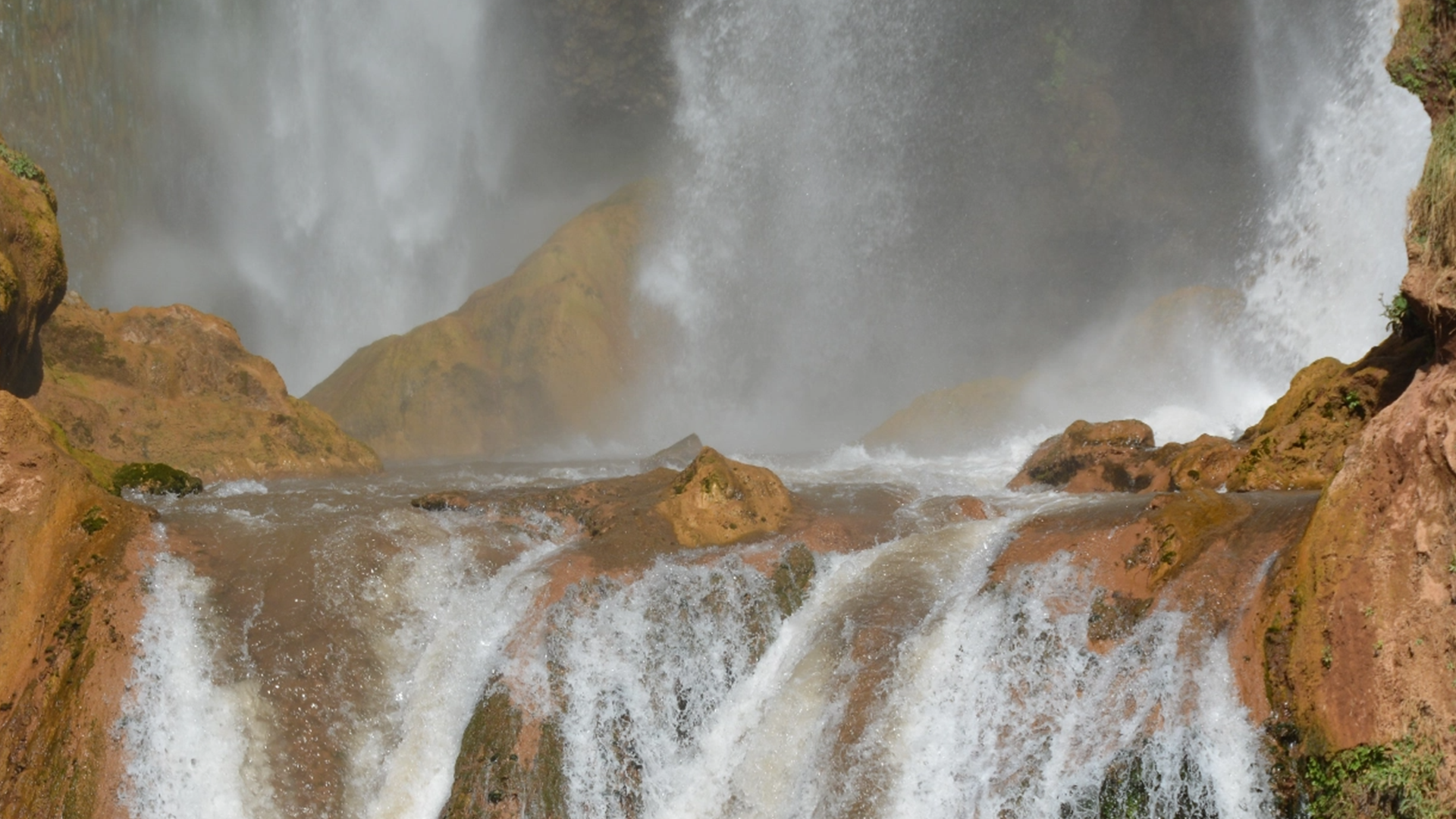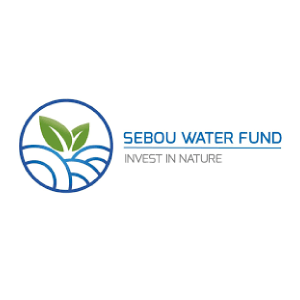SUCCESS STORY
Establishing sustainable financing mechanisms
A Water Fund encompassing all the water sector stakeholders in Sebou

In the Sebou river basin in Morocco, agriculture is the main driver of excessive water abstractions and threatens groundwater availability, freshwater biodiversity, and wetlands.
The main need is to implement sustainable practices of soil and water use and to convert farmers to sustainable agriculture. The first goal of the project was to reach an effective collaboration between institutions, private sectors, NGOs, scientists, and local communities. The Sebou Water Fund (SWF), a sustainable finance mechanism through which major downstream water consumers invest in upstream restoration designed to improve water quality and supply, is based on an inclusive approach and a payment for ecosystem services principle.


As Yousra Madani – WWF North Africa and coordinator of the project – explains:
“At first, there was a lot of skepticism across government, the private sector, and civil society, but when we organized an exchange visit for the benefit of our government partners to Kenya, along with funders and media, to see the Tana-Nairobi Water Fund in action and meet with Kenyan Water Authorities, things began to change. The business case for maintaining ecological security was clear. In just five years, through integrated basin management, the Tana-Nairobi Water Fund has brought benefits for wildlife and thousands of farmers and producers living in the basin. So, we came home and adapted the model to local conditions in Morocco.”
Providing scientific evidence on the importance of water security and nature conservation, SWF is convincing stakeholders to work collectively for a better understanding of water-related disasters and a common establishment of an inclusive approach facing the threats and risks to water management, nature conservation, and climate change. The ambition is to replicate the SWF at the national level.
